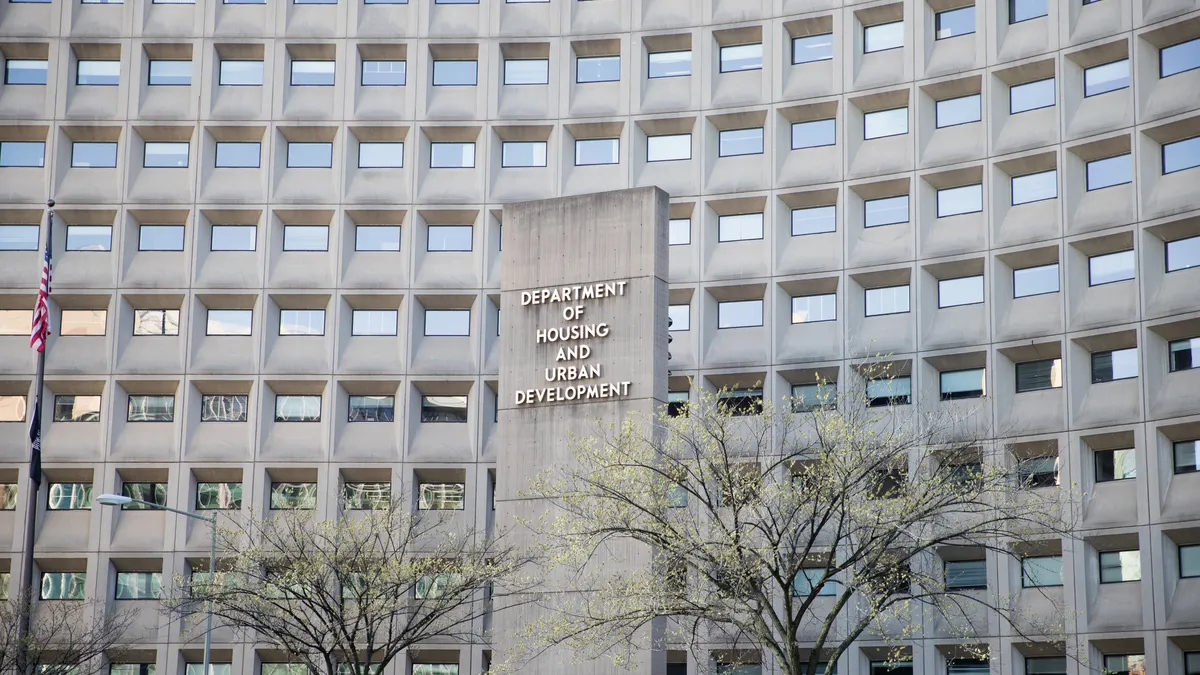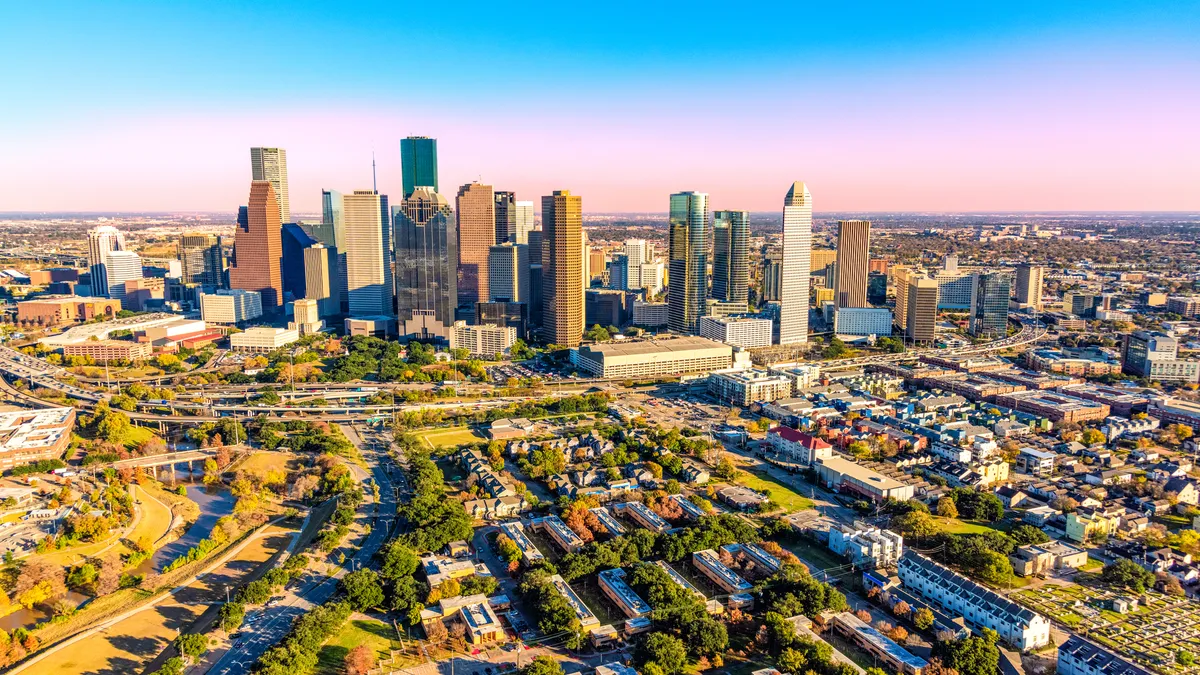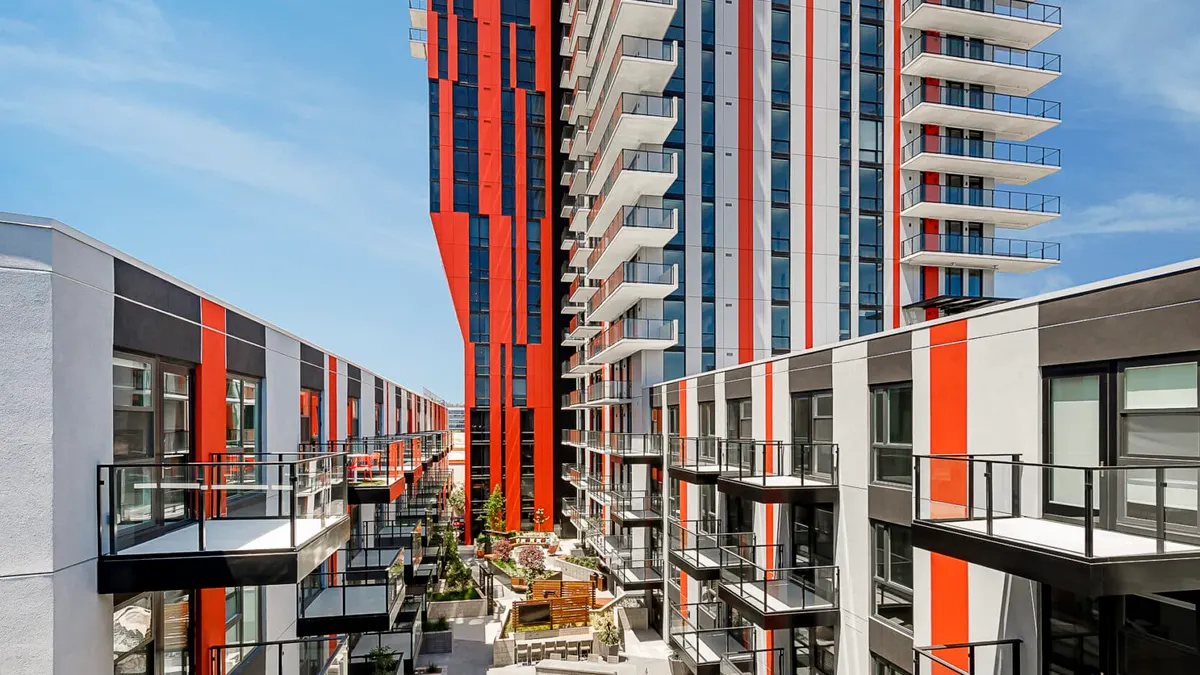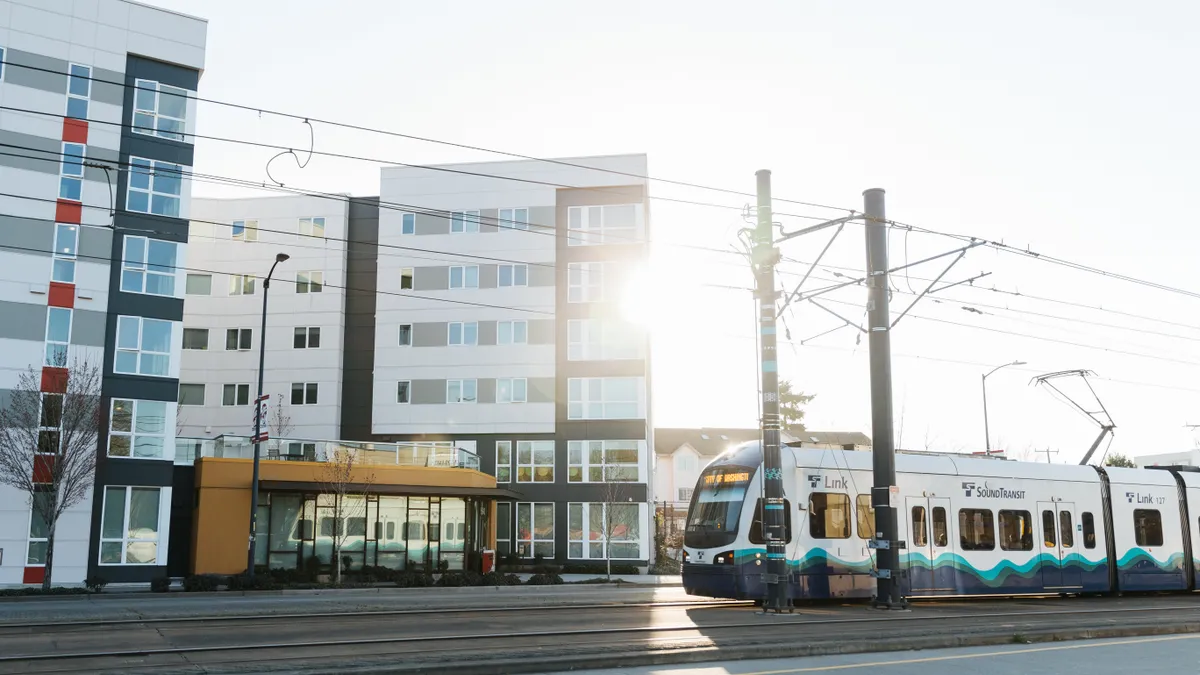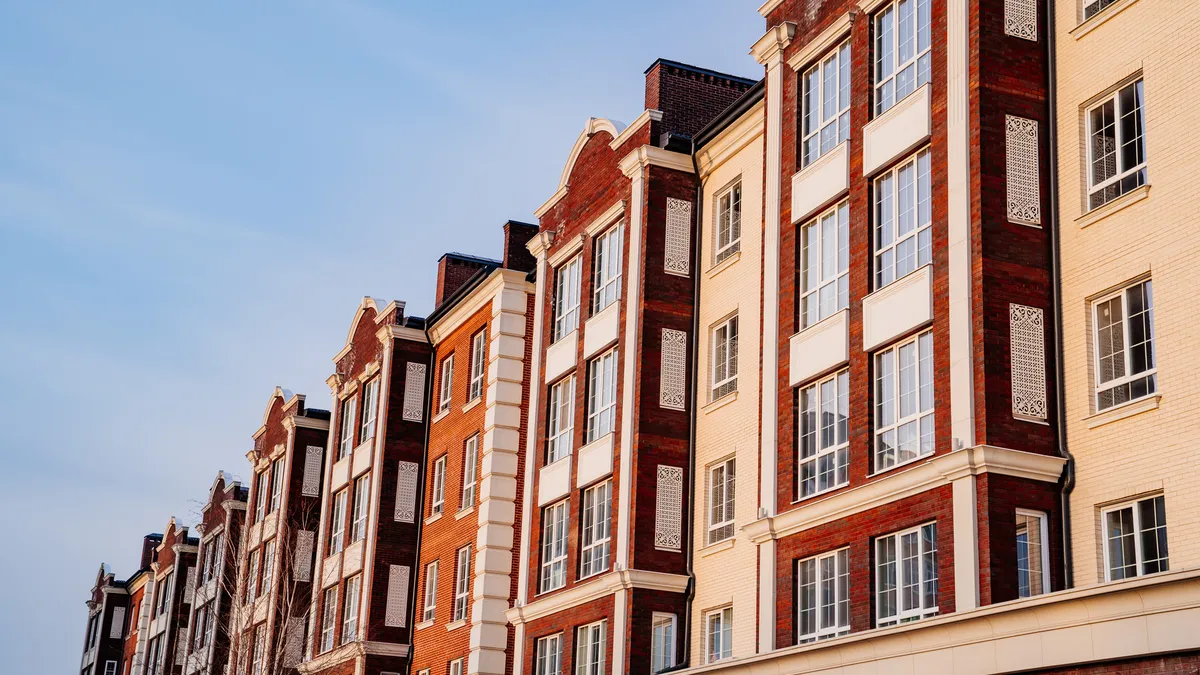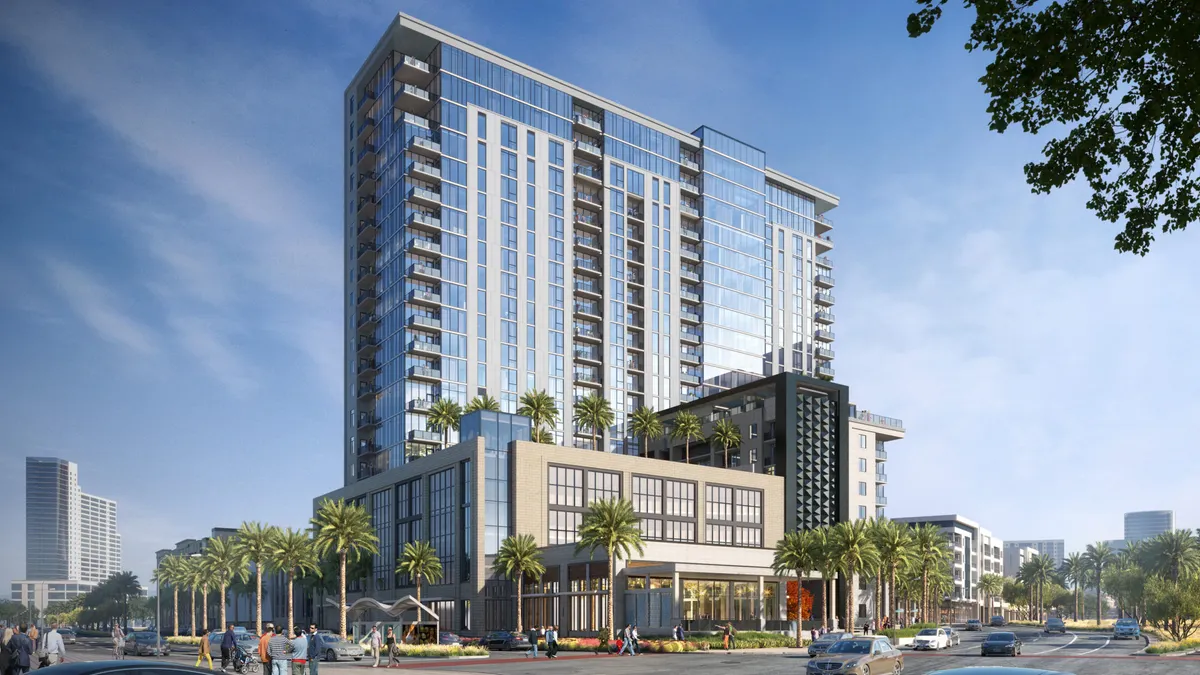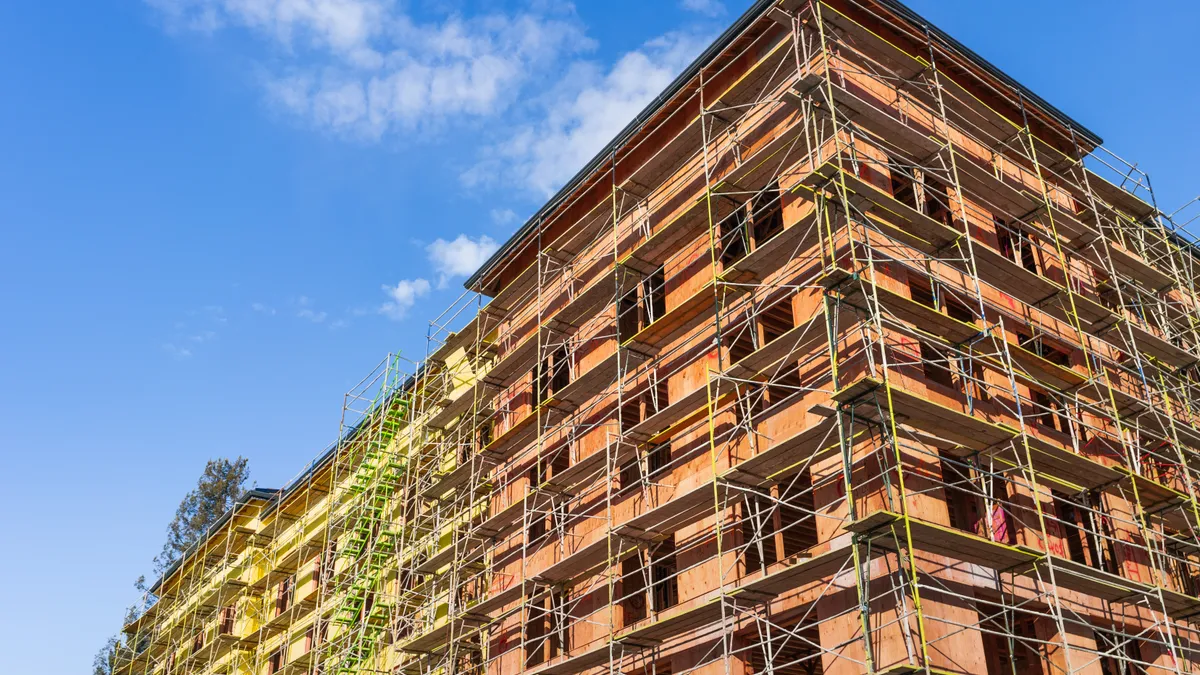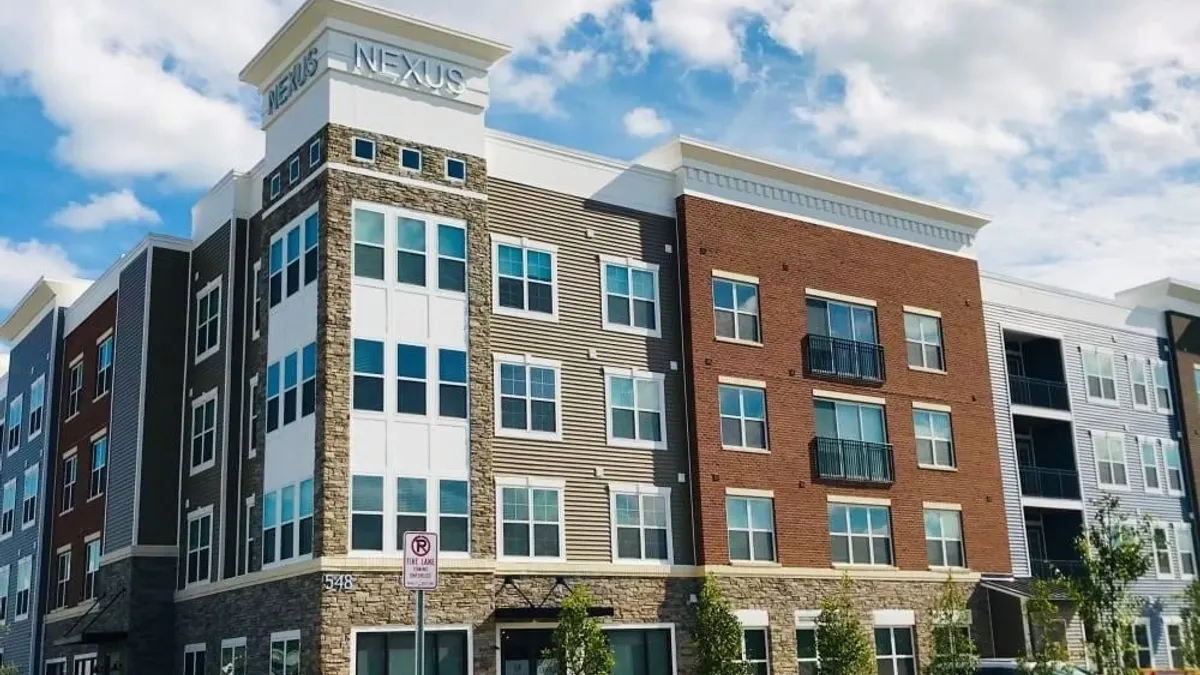The second Trump administration has ushered in a realignment of federal priorities, including where energy efficiency and climate are concerned. As a result, a number of federal programs related to climate change, clean energy and weather resilience have been stopped in their tracks — or considered for elimination.
At HUD, this sea change has interrupted the funding cycles for the Green and Resilient Retrofit Program. If fully implemented, the GRRP would provide a total of $4.8 billion in direct loans and grants to fund green, energy-efficient and resilient renovation projects at HUD-assisted multifamily properties — both affordable and mixed-income properties with an affordable component. Depending on the assistance needed, properties would be eligible for up to $80 million per building to make these upgrades.
The GRRP was designed to provide funding for upgrades that might not otherwise be made to affordable housing, given the economic constraints involved in those properties’ operation. “Because those kinds of projects can be challenging to finance without having a lot of different options available, this was a really critical way to both keep housing affordable and also maintain the ability to keep energy costs affordable,” Alex Dews, CEO of the Institute for Market Transformation, told Multifamily Dive.
Work in progress
The program was established under the Inflation Reduction Act and signed into law by former President Joe Biden in August 2022. Among many other allocations, the act provided $1 billion to HUD’s Office of Multifamily Housing Programs to kickstart the GRRP.
“It was a popular program,” Loryn Dunn Arkow, partner in the real estate practice group at Washington, D.C.-based law firm Hogan Lovells, told Multifamily Dive, “and it was saving money for residents and also the operators, so that they could operate in a more efficient manner and make the units more livable for the residents.”
HUD conducted several rounds of applications for GRRP funding in 2023 and 2024, and awarded funding to upgrade at least 25,000 affordable units, according to AP News. However, this process ended on Jan. 20, when newly inaugurated President Donald Trump signed the Unleashing American Energy executive order, halting all disbursements of funds under the IRA and the Infrastructure Investment and Jobs Act.
Two months later, in mid-March, the Trump administration officially terminated the GRRP at the direction of the Department of Government Efficiency, according to AP News. At the time, HUD representatives told AP that roughly two dozen projects would ultimately still receive their awarded funding, but the others are “in limbo.”
In April, a federal judge filed a preliminary injunction ordering the Trump administration to reinstate funding awarded under the IRA and IIJA. However, with full court hearings still to come, the status of funding under the IRA and IIJA, and furthermore the GRRP, is still uncertain, according to Dunn Arkow.
While the GRRP gave almost 270 awards during its time in operation, only 20 projects closed their funding before it was frozen, according to Dunn Arkow. As of now, while the Trump administration has appealed the court decision, the preliminary injunction means that the funding process must proceed.
“People in the industry who have these awards are encouraged to do what they can to accelerate the process of obtaining their grants, so that in case there's an adverse opinion issued later in the case they will have received their funding,” Dunn Arkow said.
Anecdotal evidence suggests that HUD has resumed processing the awards of select applicants who had reached out to them about their funding, according to Boston-based law firm Nixon Peabody. But despite this apparent reprieve, the uncertainty has left developers that were counting on this funding for their renovation projects unsure of how to move forward.
“A lot of these things are still pending, but the uncertainty alone is causing a lot of delays or terminations of projects that were already planned or underway,” Dews said.
HUD did not make any specific announcement related to the program’s cancellation, and did not respond to a request for comment from Multifamily Dive. The information page for the Green and Resilient Retrofit Program was online until at least Feb. 11, according to snapshots from the Internet Archive. However, as of June 2025, all pages related to the GRRP redirect users to the HUD home page.
For now, developers must simply wait to see what occurs.
“[The] uncertainty is creating a lot of chaos and difficulties for operating businesses,” Dunn Arkow said. “It's the back and forth and back and forth that creates so much uncertainty and inability to plan by industry actors.”



